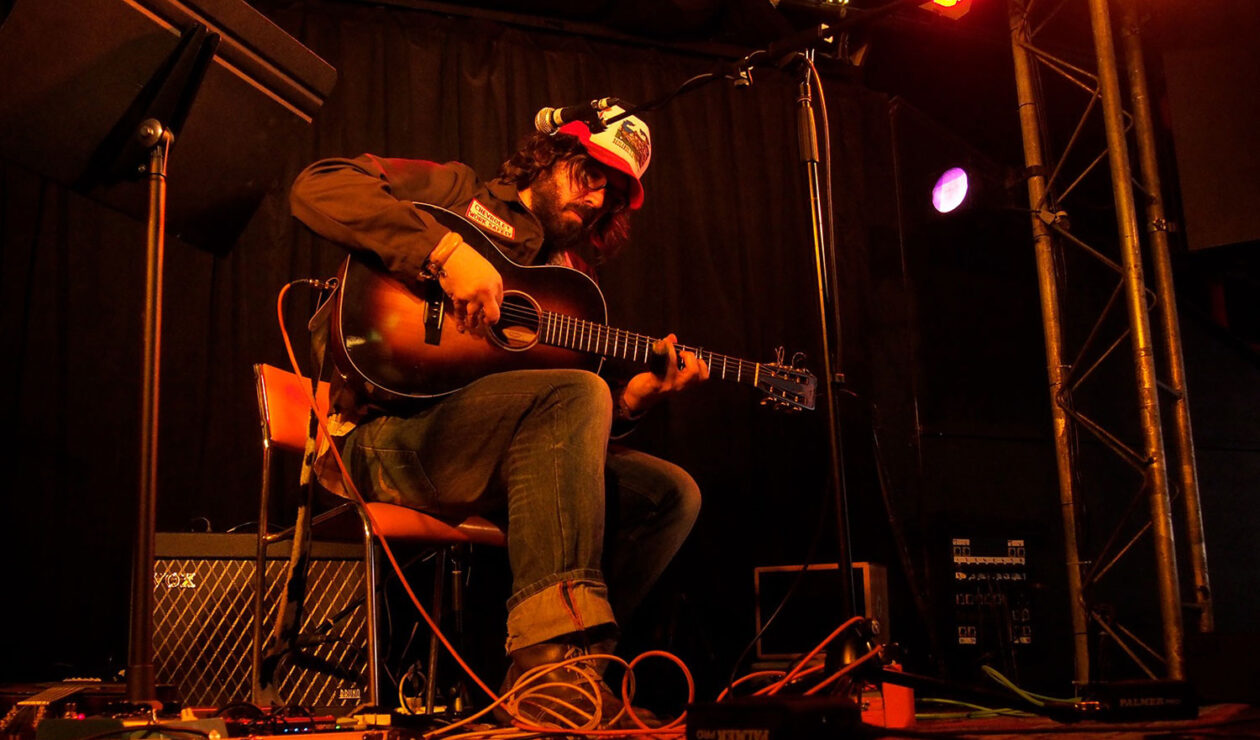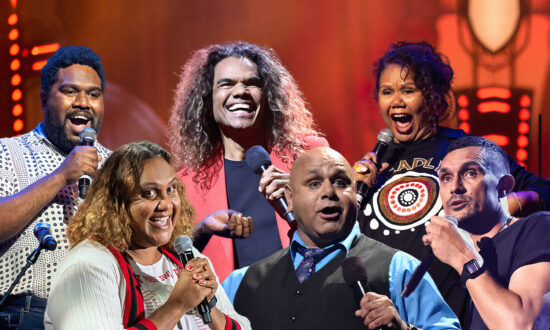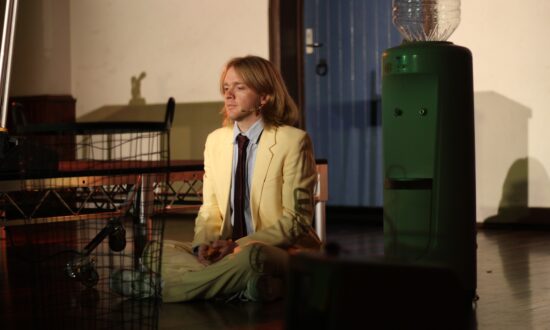Bob Dylan’s shadow casts itself far and wide over the landscape of contemporary songwriting and culture. Indeed, given his long and continuing musical contributions – the ups and downs, twists and turns of genre encompassing rock, blues, country, gospel, rockabilly, jazz and more – the resonance of those early folk albums can occasionally be overlooked.
The protest anthems and melancholy love lyrics that originally launched Dylan toward iconic status are such an embedded beginning point for all his subsequent evolutions, they risk becoming taken-for-granted nostalgia objects rather than rich, living and enduringly relevant songs.
Audiences could not ask for a better guide to revisit selections from Dylan’s first five albums than Cal Williams Jr. He comes equipped with impeccable folk and blues credentials, having won multiple awards locally, nationally, and overseas, including the SA Music Best Blues & Roots Artist People’s Choice award back-to-back in 2021 and 2022.
Williams also has a true fan’s encyclopaedic knowledge of details including the names of Dylan’s touring band members, guitar models, and the full context for that infamous shout of “Judas” from the crowd after he went electric – providing fodder for an impromptu, enthusiastically answered audience quiz on the night InReview attended.
The tight set split itself evenly between thematic threads. Dylan’s civil rights focus was highlighted on “Oxford Town” and his (rejected) voice of a generation reputation given its due with an entirely acoustic, introductory strumming of “Blowin’ in the Wind” before the full, penultimate reprise helped bring it all home.
“Song to Woody” and “Worried Blues” marked the impact of Guthrie’s dustbowl ballad lineage, while several (sometimes pained) love songs written for Dylan’s first girlfriend Suze Rotolo made room for the more introspective side of his work. In that vein, a particularly mesmerising version of “Don’t Think Twice, It’s All Right” finished the set’s first half.

Get InReview in your inbox – free each Saturday. Local arts and culture – covered.
Thanks for signing up to the InReview newsletter.
Williams’ British folk influence and wonderfully layered, textured vocals give a haunting, ethereal quality to Dylan’s tunes that is distinct from the seemingly ‘flatter’ sound of their original recordings. This is not to reinscribe the false myth that Dylan himself “couldn’t sing” but rather to say that Williams brings a rich and original lilt to his renditions.
The quicker tempo of most tunes also showcases his intricate finger-picking and intense fretwork. In short, this was an expansive exploration of Dylan’s incomparable influence, presented with engaged and engaging virtuosity.
A History of Early Bob Dylan is at Imperial Measures Distilling until March 16. Williams is also presenting shows exploring A History of Mississippi Spiritual Blues, A History of Mississippi Devil Blues and A History of Nick Drake at The Wheatsheaf Hotel until March 6.
Read more 2024 Adelaide Fringe coverage here on InReview.
Support local arts journalism
Your support will help us continue the important work of InReview in publishing free professional journalism that celebrates, interrogates and amplifies arts and culture in South Australia.
Donate Here




